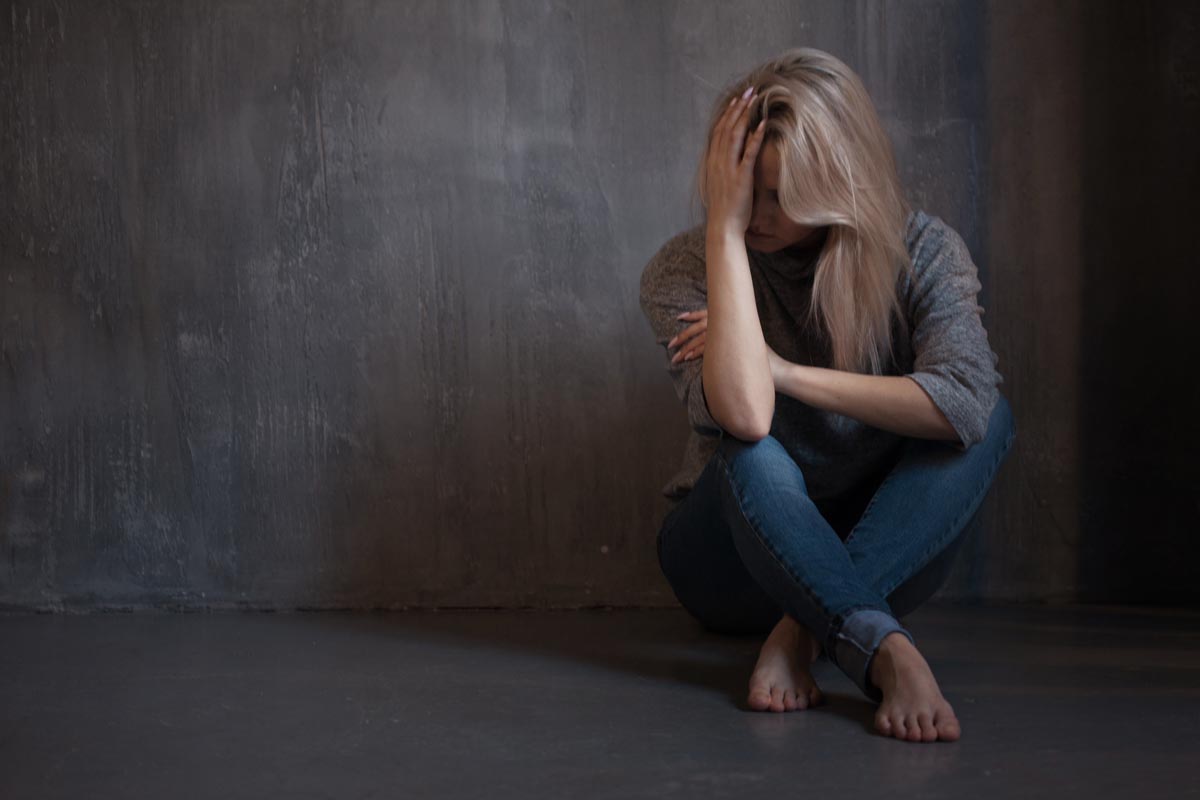What Are the Signs of PTSD?

Post-traumatic stress disorder (PTSD) is a mental health disorder that can be caused by experiencing or witnessing a traumatic event. While PTSD is often associated with veterans, anyone can develop the disorder after going through a traumatic experience. For many, PTSD and substance use issues are intertwined, making a combination of treatments and therapies necessary. However, PTSD treatment can make a difference.
Five Common Signs of PTSD
1. Intrusive Memories
Intrusive memories are recurrent images, thoughts, or emotions related to the trauma that appear without warning. This symptom may cause a person to re-experience the trauma as if it’s happening again in the present moment. Common intrusive memories associated with PTSD include flashbacks, nightmares, and distressing thoughts or images.
2. Avoidance
People with PTSD often avoid situations or activities that remind them of their trauma or trigger difficult emotions or memories related to it. For example, someone who experienced an assault may avoid crowded places out of fear they could be attacked again. Similarly, someone who served in combat may avoid certain movies because they contain graphic violence that reminds them of their experience overseas.
3. Negative Changes in Thinking and Mood
People with PTSD often have difficulty concentrating or making decisions due to persistent negative thinking patterns such as rumination and catastrophizing that can lead to feelings like guilt and shame over something that wasn’t their fault. They may also feel detached from other people or have difficulty expressing positive emotions like joy and happiness due to changes in mood caused by the trauma they experienced.
4. Arousal and Reactivity Symptoms
Arousal is an increase in physical activity that can involve:
- Restlessness
- Insomnia
- Irritability
- Aggression
- Hypervigilance (being overly alert)
- Reckless behavior (such as substance use)
- Startle reactions (overreacting to unexpected events)
All these symptoms are ways for those affected by trauma to cope with their heightened sense of anxiety and fear when exposed to reminders of their trauma; however, these symptoms can be extremely disruptive to daily life if left untreated.
5. Stressors
Stressors refer to anything outside the individual—people, places/environments/situations—that bring up intense emotion related to the trauma they experienced either directly or indirectly (e.g., hearing a loud noise similar in sound to one heard during a traumatic event). Stressors trigger increased arousal symptoms such as those described above, which can make it difficult for people with PTSD to remain calm and composed in response to life’s everyday challenges when faced with reminders of their past trauma.
How PTSD Treatment Can Help
Treatment for PTSD can help those affected manage their symptoms and regain control of their lives. Common treatments for PTSD include cognitive-behavioral therapy (CBT), trauma therapy, and medication. With the right treatment plan, people with PTSD can recover and find peace.
Reach Out to Tree House Recovery for Help
If you think you may be suffering from PTSD, it’s important you seek professional help from a mental health provider who specializes in treating this condition so you can get back on track towards living your best life possible despite any experiences you might have had in your past. Tree House Recovery’s PTSD treatment program includes a focus on the whole person. Your mind, body, and spirit will be attended to with evidence-based clinical care and holistic approaches that address the underlying issues of PTSD.
We’ve streamlined our admissions process into three simple steps so that you can get started on your journey to recovery as soon as possible. Our compassionate and experienced team of professionals will assist you every step of the way.
Don’t wait—start your journey to recovery today. Contact Tree House Recovery at 910.812.1728 to learn more.
